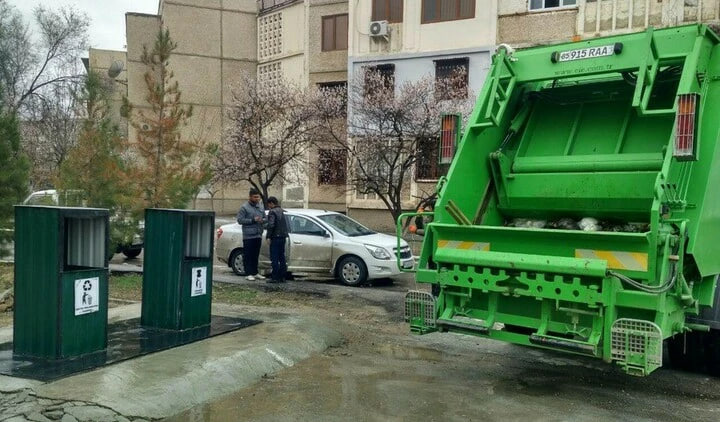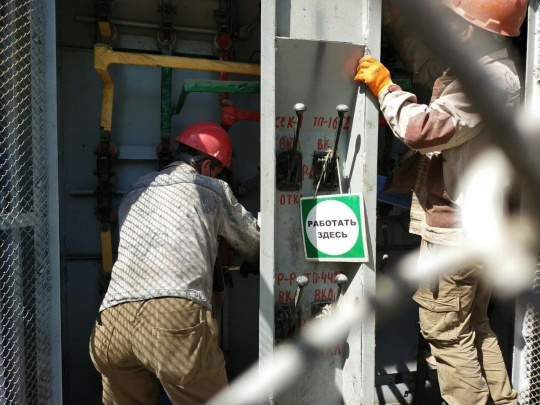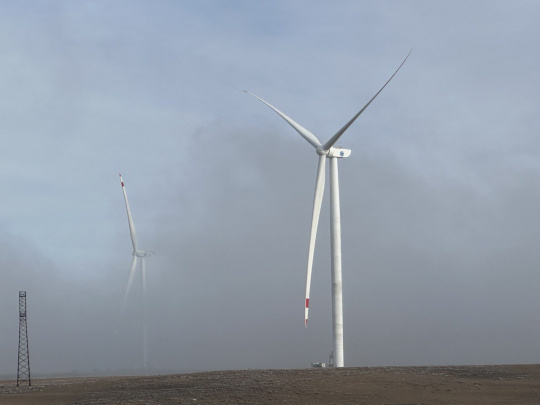Uzbekistan warns utility customers of potential power payment restrictions due to waste collection debts
Starting in October, Uzbekistan’s electricity provider Regional Power Grids began sending SMS notifications to customers, warning them about potential restrictions on electricity payments due to outstanding waste collection debts. The company clarified that while notifications are being sent, no payment restrictions have been imposed yet.

The move follows a government decision aimed at linking waste collection debts with electricity payments, as part of broader reforms to improve waste management in the country. This policy, introduced by a presidential decree, will initially be implemented in Tashkent from June 1, 2024, before expanding to Nukus and regional centers from November 1. By 2025, the policy will cover the entire country.
SMS Notifications and Technical Preparations
RPG stated that the SMS notifications, sent from the number 2100, are intended to alert customers about unpaid waste collection fees. However, these notifications do not currently affect the ability to pay for electricity. The company is in the process of conducting technical work to implement the restrictions for customers who do not clear their waste collection debts in the future.
In response to complaints from customers regarding the messages, RPG clarified that it is merely forwarding information provided by Uzbekistan’s Ministry of Ecology. The company emphasized that customers should address their waste collection payment issues directly with waste management service providers.
Legal and Contractual Considerations
RPG also noted that the restriction on electricity payments will not be enforced until legal changes are made to the relevant electricity and consumer protection laws, as well as amendments to the contracts between the electricity provider and its customers. This ensures that any restrictions will be implemented in compliance with legal standards.
The concept of integrating waste collection payments into electricity bills has been considered in the past. In December 2020, it was proposed as a way to reduce payment arrears in Tashkent, but the plan was never fully implemented.
Rising Waste Collection Fees
In January 2024, Tashkent saw a sharp increase in the fees for waste collection services. For residents, the monthly fee per person increased from 4,500 UZS to 7,500 UZS, while fees for public and private organizations rose from 53,986 UZS to 89,966 UZS.
Recommended
List of streets and intersections being repaired in Tashkent published
SOCIETY | 19:12 / 16.05.2024
Uzbekistan's flag flies high on Oceania's tallest volcano
SOCIETY | 17:54 / 15.05.2024
New tariffs to be introduced in Tashkent public transport
SOCIETY | 14:55 / 05.05.2023
Onix and Tracker cars withdrawn from sale
BUSINESS | 10:20 / 05.05.2023
Latest news
-
Uzbekistan tops medal table at Asian Cadet Judo Cup in Kazakhstan
SPORT | 18:42 / 05.07.2025
-
Uncertainty grows as new homes remain without gas supply
SOCIETY | 17:46 / 05.07.2025
-
Uzbekistan plans to launch national ferry service in Caspian Sea
SOCIETY | 16:03 / 05.07.2025
-
Dozens of violations, zero accountability: Fergana police cancel fines for chief’s wife’s car
SOCIETY | 16:02 / 05.07.2025
Related News

14:46 / 05.07.2025
“Preparing for winter” — the never-ending excuse for power outages in Tashkent

21:21 / 04.07.2025
New wind power plant to be built in Tashkent region

12:26 / 03.07.2025
Over 135 billion UZS worth of electricity and gas stolen in June

19:10 / 02.07.2025



